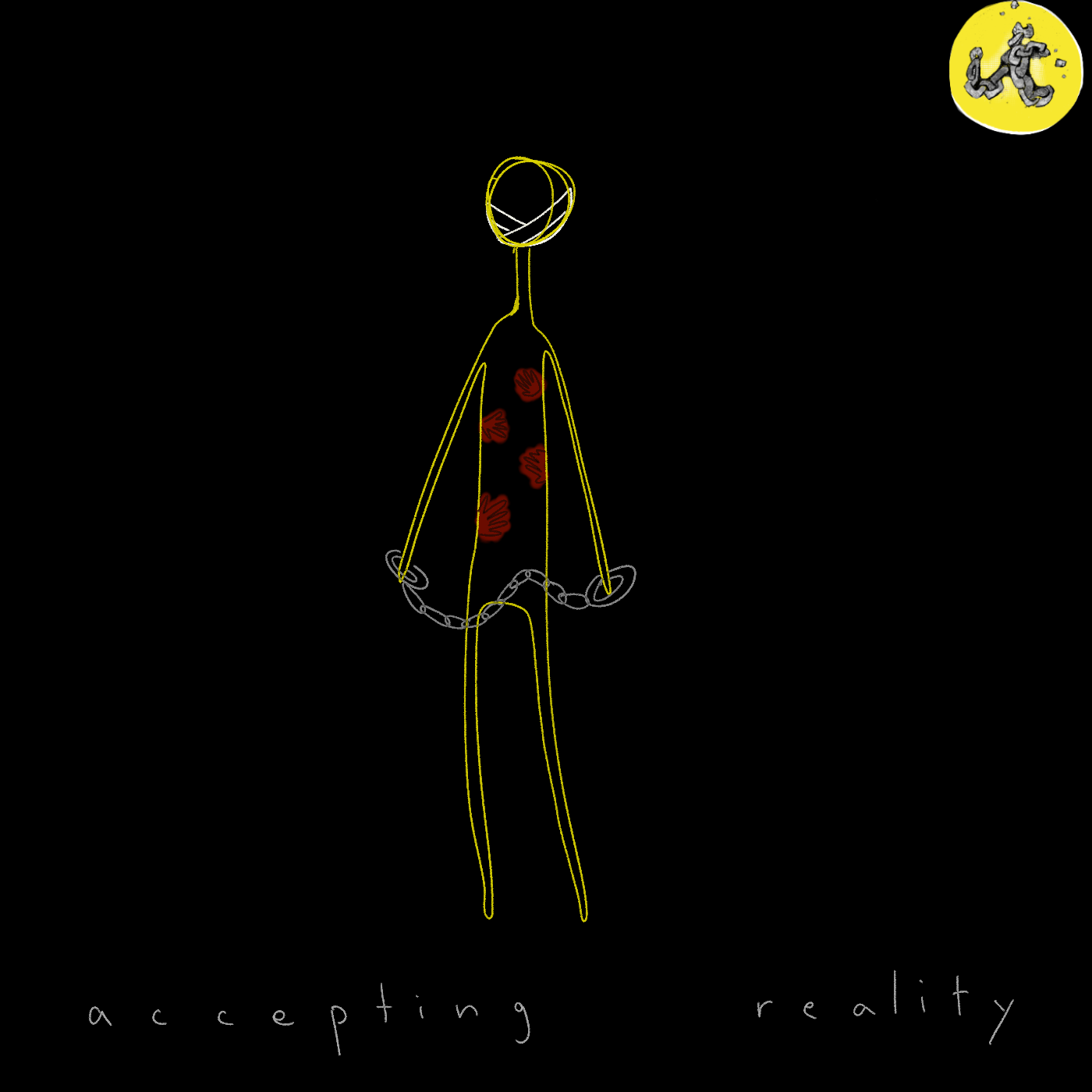Immigration Detention, The Hidden Costs: 6 - Reflection on “Refusing to be Silenced”
Posted:
Time to read:
This guest post is written by a PhD candidate, Lucrezia Sperolini, who took part in a social justice internship programme organised by the Centre for Social Justice Research (CSJR) at Westminster University, in collaboration with AVID - Association of Visitors to Immigration Detainees. The internship concluded with the exhibition “Immigration detention: past, present and future”, which was held at Westminster University for a week in April 2024.
The Unchained Collective is a group of individuals, some with firsthand experiences of immigration detention and others without, who advocate the transformative power of art to confront the oppressive systems of border violence, and particularly immigration detention. The collective’s driving vision is to end immigration detention for all people, everywhere, recognising it as a violent perpetuation of colonial domination. Most members of the Unchained Collective are based in Britain, where the collective was established in late 2023. This is the seventh post of a themed series called “Immigration Detention - The Hidden Costs” based on the homonym podcast, of which you can listen to the introduction here.
In this episode, Mariam talks with Aminata about the challenges of returning to her community post detention and the difficulties of being heard, of having a voice. Mariam reveals her resilient spirit as she shares how she remained mentally and physically active amidst the challenges of detention; and appeals for a greater understanding of what it means to be a “refugee”, to build a better world and end the unnecessary divisions within our society.
Lucrezia’s reflection whilst listening to Mariam’s podcast, “Refusing to be silenced”
Mariam’s story sheds light on the profound impact that detention has not just on individuals, but on entire communities. It focuses on the complex process of coming back into the community, after being forcibly separated from family and loved ones by the detention system.
In particular, Mariam’s experience underlines the hidden suffering that accompanies life post detention, focusing on the mental and emotional scars that persist long after confinement has ended and, in her personal story, even after physical health is restored. Mariam explores unexpected prejudices encountered in her community as a result of being detained - cultural stigmas around perceived vulnerability and assumed criminality. As a result, she highlights the need for awareness raising about the realities of detention and its impacts within communities to counter the divisiveness of the system and surrounding dominant narratives.
For this purpose, Mariam underscores the importance of speaking out about the violence and isolation experienced. It’s a reminder that while community can be a source of strength, it can also be a source of judgment and exclusion, especially when it comes to someone who has experienced immigration detention.
To cope with these additional harms, by being selective in her social interactions and focusing on her own needs and goals, Mariam exemplifies the strength and courage required to navigate post-detention life. At the same time, she addresses the importance of organisations that support people like her in the transition from detention to liberty and post detention community life. While employment and education remain critical areas that need to be addressed more effectively, the support she found through Beyond Detention and her volunteer work illustrates how community organisations provide essential resources, as well as a sense of purpose and drive.

On a larger scale, Mariam’s reflections highlight the urgent need for systemic change, not only in the detention system itself but also in the unsteady and complex stage of post-release. From improving immediate post-detention support to fostering a more inclusive, aware, and understanding community, it’s clear that we all have a role to play. Imagining a world without detention and borders might seem utopian. Still, as Mariam powerfully articulated, it starts with bravery and collective effort. By refusing to be silenced and continuing to raise awareness, we can begin to build a world where trust and compassion outweigh fear and prejudice.
Ultimately, as many people as possible are needed to engage in dismantling the system from the grassroots up: to fearlessly generate dialogue with those who have lived through the system, to amplify their experience and the longing of those who support them, to build this new world. It can start simply with informed conversation, creating a new consciousness that, in the end, will not allow the political game to play with people's lives and our collective sense of common humanity.
You can listen to the introductory episode embedded above, on Acast, and on Apple Podcasts.
Share:








